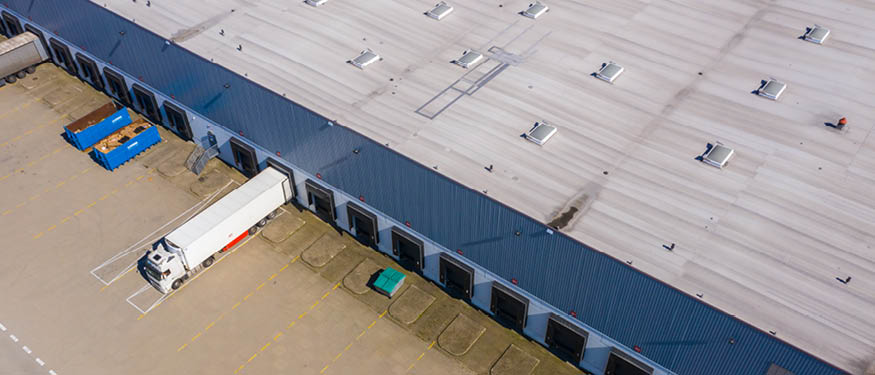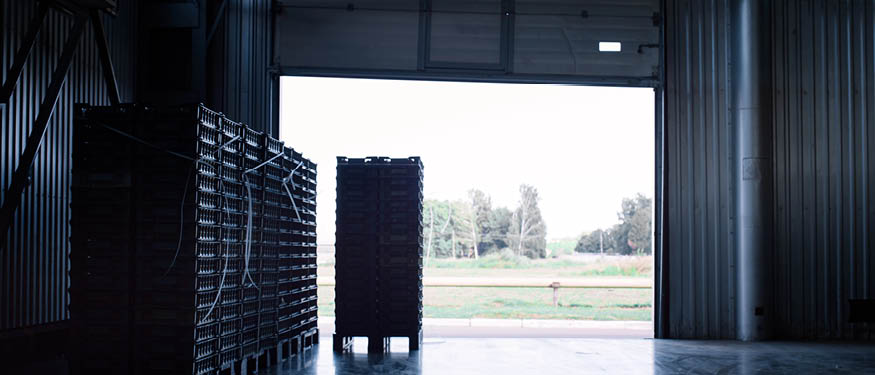After prolonged delays, the Estonian Parliament finally incorporated the EU Whistleblowing Directive into national law on 15 May 2024 by passing the Act on the Protection of Whistleblowers of Work-Related Violations of European Union Law (referred to as the Whistleblower Protection Act).
Checking In: Implementing Whistleblowing Regulations in CEE
For our Checking In feature, we reach out to partners and heads of practice across CEE to learn how specific practice areas are faring in their jurisdictions. For this piece, we asked firm Labor experts: Have whistleblowing regulations been implemented in your jurisdiction and would you advise companies to use an external solution or an in-house one? Why?
Data Under Control
The new European data regulation introduces new rules for the use of information from smart devices. These rules define rights to access and use data created in the EU across all economic sectors and across smart devices from different manufacturers.
Czech Legal News
We bring you a brief overview of important legislative news from the Czech Republic that should not escape your attention.
Employment Brief: Clarification of guidelines on Whistleblowing Officers in Slovakia
The requirements for the Whistleblowing Officer’s (WO) role are covered by various guidelines that have been published by the Slovak Office for Protection of Whistleblowers over the past several months. The multitude of information sources now requires clarification, as the role of the WO leading internal investigations of reports is becoming increasingly prominent.
Preparing Companies for New Cybersecurity Obligations
The question is not "if" you will face a cyberattack, but "when". Ensure your cyberspace is resilient to security risks early. New cybersecurity regulation will impact many Slovak companies this year and next.
Recent Changes in Hungarian E-Commerce and Consumer Protection Regulations
Since early 2024, Hungarian legislative efforts have brought about several updates to consumer protection regulations. Ranging from novelties in consumer complaints and related processes, increased consumer protections fines, expanded rights of the consumer protection and competition authority to an unexpected obligation imposed on e-commerce providers to include the local postal delivery provider as a delivery option, changes to the sector have been diverse.























